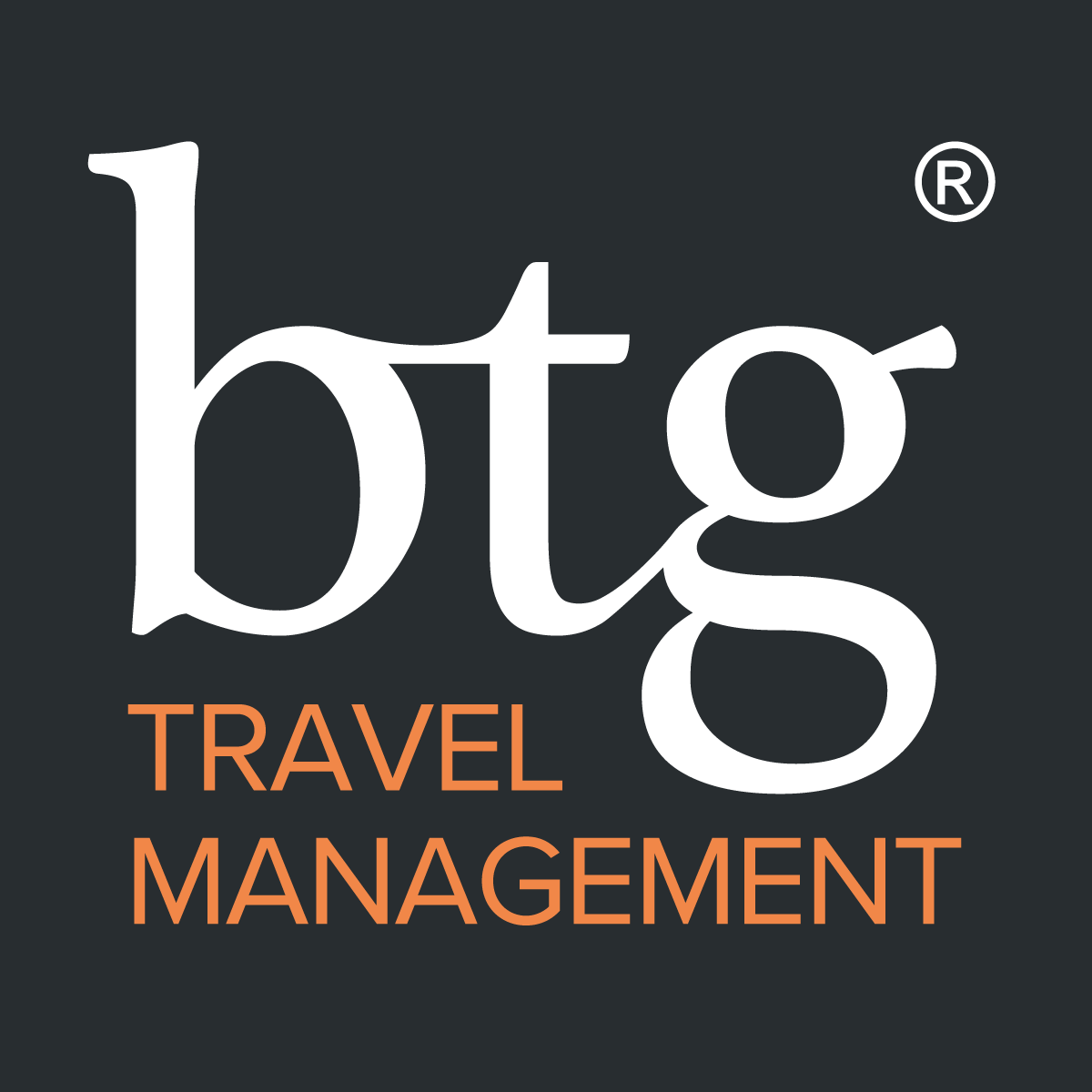How the Turing Scheme can support your next international school trip
Planning an international school trip can be a life-changing experience for students, exposing them to new locations, cultures, languages and perspectives.
However, planning a trip to the other side of the world can also pose several financial challenges, and this can be a significant hurdle for many educational institutions hoping to give their pupils these opportunities.
The good news is that the Turing Scheme, introduced by the UK government, provides a valuable opportunity to overcome these financial barriers so your students can enjoy enriching educational experiences away from home.
But what is the Turing Scheme and how can it support your next international school trip?
Understanding the Turing Scheme
The Turing Scheme was established in 2021 as a replacement for the European Union's Erasmus Programme.
Backed by £110 million in funding, the programme aims to fund at least 35,000 global travel experiences, including university study, school exchanges and industry work placements.
This is a global mobility program designed to offer UK students life-changing experiences abroad. The aim of these experiences is to broaden horizons, promote cultural understanding and equip students with vital skills for the global economy.
Who is eligible?
The Turing Scheme is open to education providers registered or recognised in the UK or British overseas territories.
Schools, further education (FE) and higher education (HE) providers are eligible to apply for Turing Scheme funding if they are responsible for delivering education or training to the students going on placements.
Educators can apply for funding to support their students taking part in study or work placements abroad. These applications are typically submitted by the educational institution rather than individual students themselves.
To be approved, educational providers must be financially viable and have the delivery capability for these trips. Schools, HE and FE providers also have the option to apply as part of a consortium partnership, allowing multiple institutions to collaborate on a single application.
What about group travel?
The Turing Scheme isn't just for individual students who may be taking part in a placement or exchange program. Schools can apply for funding for multiple students under a single application, with funding allocated on a per-student basis.
This means that institutions can streamline the process and secure financial support for multiple students within one application, even if they were to be travelling to different destinations.
Plus, there is no set limit on the number of students you can apply for per project, allowing schools the flexibility to design travel programs that suit their needs.
As if this wasn't enough, funding is available for accompanying staff who are required to chaperone students on their school trip, ensuring proper safeguarding and duty of care throughout the experience.
This makes group travel possible for education providers who are struggling with budget constraints but want to offer all their students the same opportunities.
What does this funding cover?
The Turing Scheme provides funding to cover several of the key costs of international student travel, including:
Travel funding
Schools can receive grants towards the direct costs of travel for one return journey, including transfers, for all students as well as accompanying staff members.
Subsistence costs
Funding is also available to support subsistence costs during the trip, such as accommodation and daily living costs during the placement. The amount provided depends on variables such as the destination, duration of the trip and the number of students.
Additional support for disadvantaged students
The scheme offers extra financial support for students from disadvantaged backgrounds or those with additional needs.
How the scheme can support your next school trip
Engaging with the Turing Scheme offers several benefits for both students and their teachers, such as:
Providing students with experiences that complement academic learning
Preparing students for their future, as international travel can significantly boost their employability
Allowing students to gain first-hand exposure to different cultures, strengthening important skills like empathy and adaptability
Enabling schools to enhance their curricula by integrating international travel experiences into the curriculum
Offering the possibility of consortium applications that allow educational providers to collaborate with other establishments to strengthen their proposal and share resources
Above all else, engaging with the Turning Scheme could enable schools to find the funding they need to offer once-in-a-lifetime opportunities to students.
There’s no denying that times are tough and budgets continue to be squeezed, and schemes like this ensure that students from all backgrounds have access to equal opportunities and exciting educational travel experiences.
So, if you’ve received funding for your next trip or you’d simply like to know more about booking group flights for your students, get in touch today. Our expert team are always on hand to offer advice and help you secure the best deals for your school trip.

